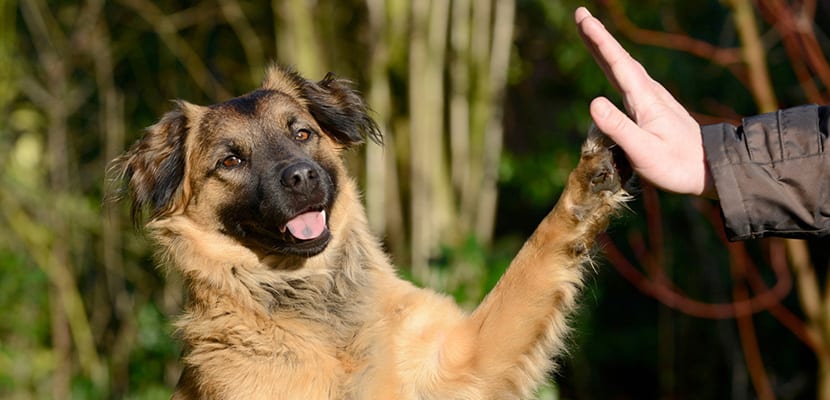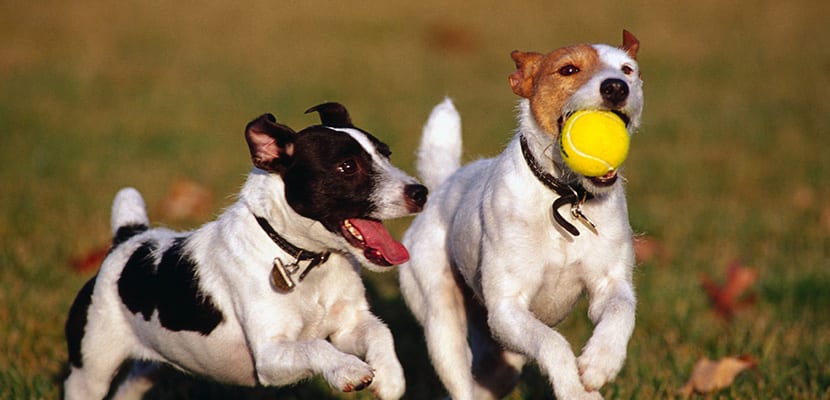
La Ethology is the scientific study of human and animal behavior. The ethologist is dedicated to studying the behavior of species to describe patterns and to know to what extent these behaviors help the species on its way to survival. Today there are veterinary ethologists dedicated even to canine behavior in a specialized way, which can be very useful.
El ethologist offers specialized scientific work in which he becomes the best connoisseur of animal behavior. Ethologists can work in many places, from zoos to nature parks or they can even work with domestic animals.
What does an ethologist do

Ethologists scientifically study the behavior of animals in the wild to know the causes and motivations of this behaviorHow they help them in their fight for survival. Although it is often spoken of field studies, it is also possible for the ethologist to study behaviors under different conditions. Within ethology there are many fields in which the behavior of some species in different environments can be studied. Although now we will refer to veterinary ethology, as it is what will help us to know the motivations of our dog's behavior and to find solutions. However, there are many other branches of ethology, including human ethology.
How the ethologist works

The ethologist has to know the behavior of the animal in a given environment and for this he will carry out a detailed investigation to reach a diagnosis, with which a solution to the problem we have can be created. The first case is to know the cause or mechanism, that is, what is causing the behavior that we want to cancel out. For example, it is about knowing why a dog has an excessive fear of people or certain objects. The next step is to reflect on the role of that primary behavior. What is this behavior used for in nature? That is to say, in the example a dog that is afraid of something develops a behavior that in its essence is a form of survival, escaping from what can harm it.
Next you must develop what is the ontogeny of behavior. It is about knowing how the animal has developed that specific behavior. For this, it is necessary to know when it arose or if it is the result of a trauma in the first years of learning or something later. With the passage of evolution, the ethologist wonders how this behavior has made the species evolve and to what extent it can be useful in that environment.
With all this, what an ethologist does is know the environment of the animal, their motivations, the causes and everything that makes them react in this way, also based on the importance of instinct and evolutionary behaviors that occur in nature and that are carried out in the genetic component. Everything influences when it comes to creating a certain behavior.
The utility of the veterinary ethologist
The veterinary ethologist works with dogs, an animal that has been very conditioned in its behavior by its approach to the human being. In this case, the ethologist has to know the dog's environment, its behaviors and also how it interacts with its humans to recognize everything what can influence this behavior. Once the diagnosis is generated, what is done is to propose a field work to modify the behavior. This behavior modification is done so that the dog learns to perform another behavior that helps him overcome the problem. By recognizing the causes and the problem, you can fight it so that the animal can behave in a balanced way.
The veterinary ethologist performs a in-depth study of the behavior of each dog, but he always applies it to canine behavior, of which they are very knowledgeable. In short, we must call it when our dog performs a behavior that we have to change because it is not appropriate or helps him on a day-to-day basis.